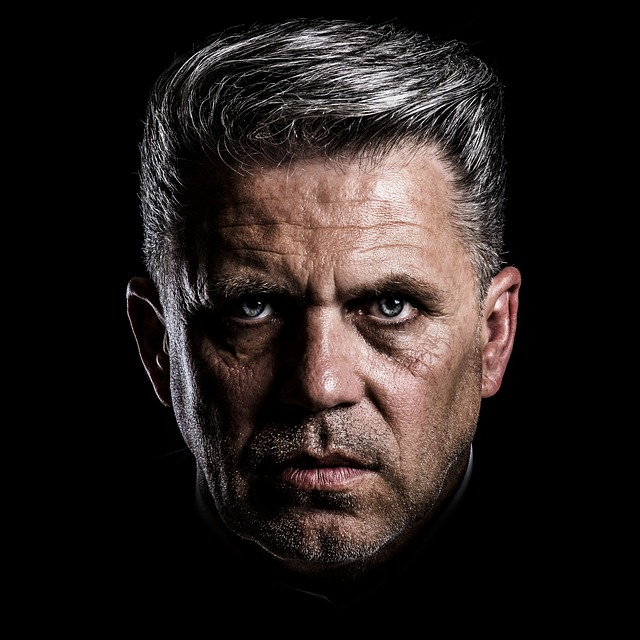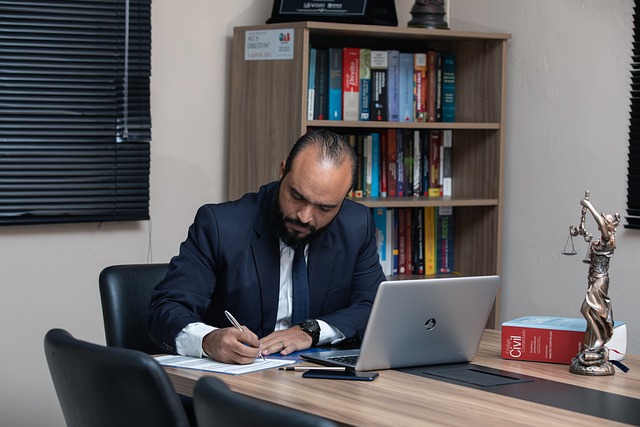Tech solutions for impaired driving, including mobile apps, virtual reality simulations, and digital monitoring, are revolutionizing rehabilitation for first-time offenders. These tools educate users about responsible drinking, provide easy access to alternative transportation, and offer safe environments to experience the consequences of impaired driving. By promoting accountability and reducing recidivism, these tech-driven approaches contribute to enhanced road safety and personalized support for improved driving behaviors.
In a world where impaired driving remains a significant concern, offering second chances to first-time offenders is a complex yet vital approach. This article delves into the intricate issue of understanding and rehabilitating these individuals through innovative Tech Solutions for Impaired Driving. We explore technology’s role in providing support, focusing on effective strategies that combine rehabilitation and prevention. Through real-world case studies, we demonstrate the long-term positive impact these solutions can have.
- Understanding First-Time Impaired Driving Offenders: A Complex Issue
- The Role of Technology in Providing Second Chances
- Effective Tech Solutions for Rehabilitation and Prevention
- Case Studies: Successful Implementation and Long-Term Impact
Understanding First-Time Impaired Driving Offenders: A Complex Issue

First-time impaired driving offenders face a complex web of challenges, often stemming from a lack of understanding of the severity and consequences of their actions. In many cases, it’s not a deliberate choice to drive under the influence but rather a momentary lapse in judgment due to peer pressure, curiosity, or misjudging one’s abilities after consuming alcohol or drugs. This demographic may include young adults or individuals who have never been in trouble with the law before, making their situation even more intricate.
Tech solutions for impaired driving can play a pivotal role in educating and deterring first-time offenders. Innovative mobile apps and digital platforms are now available to promote responsible drinking and offer alternative transportation options. These tools not only raise awareness about the dangers of drunk or drugged driving but also empower individuals to make safer choices by providing easy access to ride-sharing services, public transportation schedules, and designated drivers programs.
The Role of Technology in Providing Second Chances

In today’s digital era, technology plays a pivotal role in providing second chances to first-time offenders, particularly those facing impaired driving charges. Tech solutions for impaired driving, such as advanced driver monitoring systems and mobile apps, offer innovative approaches to prevent and address drunk or distracted driving. These tools can alert drivers and bystanders when a potential issue arises, enabling them to take prompt action and make safer choices.
Moreover, technology facilitates access to educational resources and support networks that help first-time offenders understand the impact of their actions and learn alternative behaviors. Digital platforms provide easy-to-access information about the consequences of impaired driving, as well as tools for accountability and rehabilitation. This not only aids in their personal growth but also contributes to safer roads for everyone.
Effective Tech Solutions for Rehabilitation and Prevention

In the realm of rehabilitating first-time offenders, especially those facing charges related to impaired driving, technology offers innovative solutions that can be both preventative and transformative. Modern tech solutions for impaired driving focus on a multi-faceted approach, combining education with intervention strategies. Virtual reality (VR) simulations, for instance, provide an immersive experience, allowing individuals to confront the consequences of their actions in a safe, controlled environment. This not only fosters awareness but also teaches them to make better decisions.
Additionally, mobile applications designed for at-risk drivers offer real-time feedback and monitoring. These apps utilize GPS tracking and alcohol sensors to alert users and their support networks if potential impairment is detected. Such tech solutions not only help in rehabilitation but also serve as preventive measures by encouraging responsible behavior and promoting safety on the roads.
Case Studies: Successful Implementation and Long-Term Impact

In many jurisdictions, first-time offenders with impaired driving charges find themselves at a crossroads, facing severe penalties while grasping at a glimmer of hope for a second chance. This is where innovative tech solutions for impaired driving can play a pivotal role. Case studies from various regions have shown that employing cutting-edge technology in sentencing and rehabilitation programs yields remarkable results. For instance, digital monitoring devices, coupled with rigorous counseling sessions facilitated by virtual platforms, have demonstrated high rates of success in keeping repeat offenders on the right path.
These tech-driven approaches not only provide a structured framework for accountability but also offer long-term benefits. Over time, studies indicate that individuals who participate in these programs exhibit reduced recidivism rates and improved adherence to licensing restrictions. Moreover, by leveraging technology to deliver personalized support and education, communities can foster a culture of responsible driving and promote safer streets for everyone.
First-time impaired driving offenders often face significant challenges, but with the right Tech Solutions for Impaired Driving, second chances can be transformative. By leveraging technology for rehabilitation and prevention, we can not only reduce recidivism but also foster a safer, more responsible driving culture. Case studies show that innovative tech solutions, when implemented effectively, have a lasting impact on individual lives and community safety. It’s crucial to continue exploring and refining these approaches to give first-time offenders the tools they need to stay on the right path.






